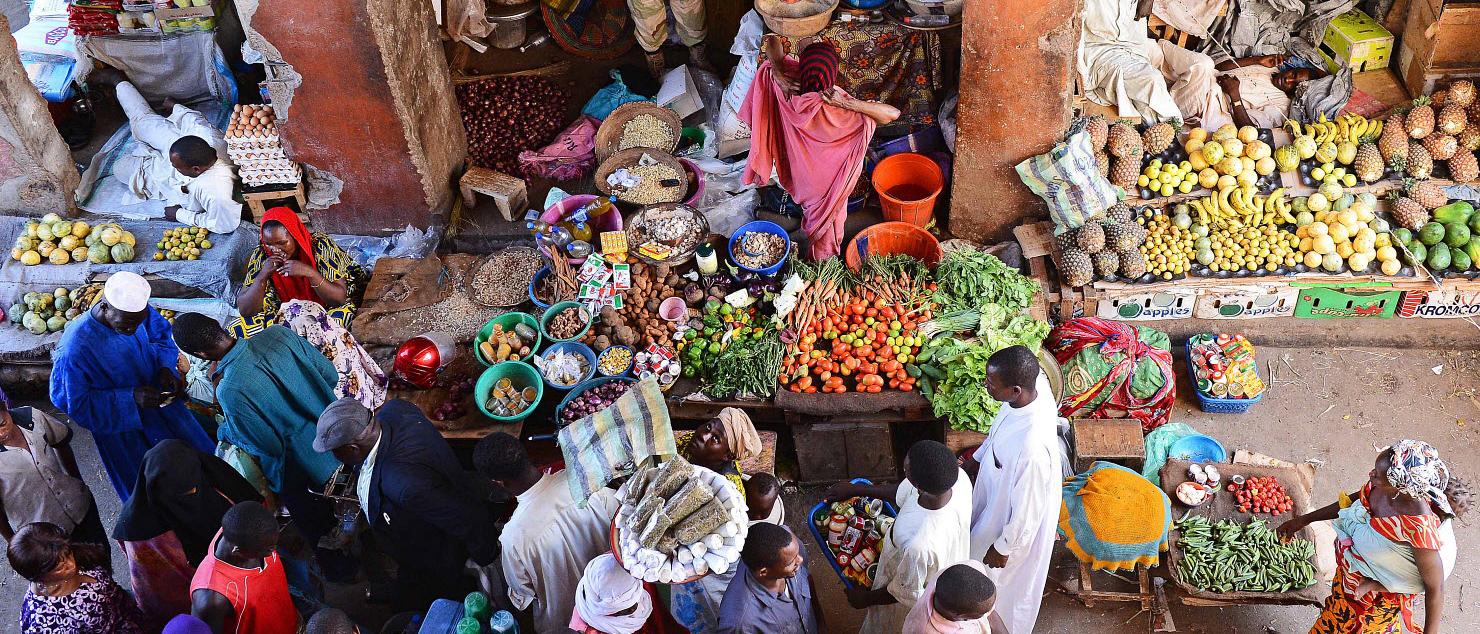Integrated Food Security Phase Classification

The Integrated Food Security Phase Classification (IPC) is a comprehensive, standardized system used to classify and communicate the severity and magnitude of food insecurity and malnutrition in countries and regions around the world. It was developed by FAO with other international organizations and has become widely adopted as a global standard for food security analysis.
The IPC provides a common language and framework for governments, aid organizations, and other stakeholders to understand and respond to food insecurity and malnutrition. It helps decision-makers to assess the severity of a crisis, prioritize response efforts, and allocate resources effectively.
The IPC framework has three key components:
- analysis of the food security situation
- classification of the severity of the situation
- recommendations for response.
The system uses five distinct phases of food security to categorize the severity of a crisis, ranging from Phase 1 (minimal food insecurity) to Phase 5 (famine/humanitarian catastrophe).
The IPC is designed to be flexible and adaptable to the context in which it is applied. It can be used to analyze and classify food security at the national, regional, or subnational levels, and can be applied in both emergency and non-emergency contexts. By providing a standardized methodology for assessing and communicating food security, the IPC helps to improve the quality and effectiveness of food security interventions.
